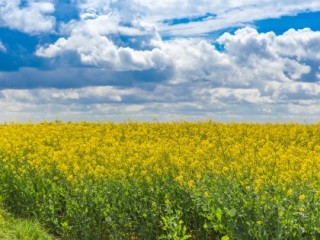
- Optimise yield, quality and profit
- Reduce risk and control costs
- Save money through more effective nutrient management
Learning outcomes
At the end of this course you will be able to:
- Identify different characteristics of soil types and how cultivation affects soil structure and crop growth
- How to assess crop growth stages
- The importance of growth stages to optimise crop protection and fertiliser products
- How to recognise a range of the most common weeds, pests and diseases
- The different types of crop protection products available, what they do and what effect they have on crop production
Designed for
Individuals who wish to maximise the success of cereal and oilseed rape production through best practice agronomy
Entry requirements
An entry level course best suited to individuals who have a basic awareness of the subject area
Price
£260 +VAT
Duration
A one day classroom-based course
Date
Tuesday 14/01/2025
Location
Sophi Taylor Building, Niab, Park Farm, Villa Road, Histon, Cambridgeshire, CB24 9NZ
CPD Points
6 BASIS and 6 NRoSO points available
Content
Classroom module 1 (half day):
- Examining soil types and soil structures and the effects of cultivation
- An overview of nutrients and the effects they have on crop production
- Crop growth stages, how to recognise them and their importance in relation to crop management decisions
- The effects of plant growth regulators
Classroom/field module 2 (half day):
- Effect of weeds on crop yield and quality
- Identification of the most common weeds
- Types of herbicides and their effects
- Impact pests and diseases can have on crop yield and quality
- Identification of the most common diseases
- Types of fungicides and their effects
- Identification and life cycle of some common pests and methods of control
Trainers
Bruce Rham, Independent Crop Consultant
Course code
PR01
